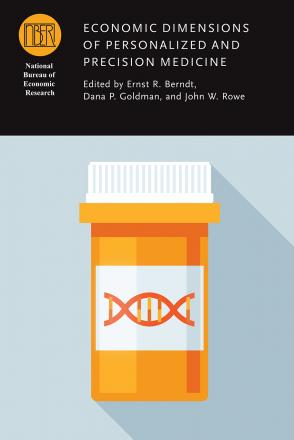Characterizing the Drug Development Pipeline for Precision Medicines

Precision medicines—therapies that rely on the use of genetic, epigenetic, and protein biomarkers—create a better match between patients with specific disease subtypes and medications that are more effective for those patients. This heterogeneity in response has implications for the decision to develop therapies, their pricing, the design of clinical trials, and the relative importance of smaller biotech companies versus more traditional companies in pursuing early-stage R&D. To understand the scope of these effects, we use a comprehensive database of over 130,000 global clinical trials and describe the drug development pipeline for precision medicines over the past two decades. We identify clinical trials for likely precision medicines (LPMs) as those that use one or more relevant biomarkers. We then further segment trials based on the nature of the biomarker(s) used and other trial features with economic implications. Since cancers represent a disease setting in which precision therapies are already successfully used, and since cancer applications of precision medicine are expected to grow rapidly over the coming years, we separately characterize cancer LPMs. Finally, we consider the types of firms pursuing R&D in precision medicines, considering how LPM R&D activities have evolved over recent years.
-
Copy CitationAmitabh Chandra, Craig Garthwaite, and Ariel Dora Stern, Economic Dimensions of Personalized and Precision Medicine (University of Chicago Press, 2018), chap. 5, https://www.nber.org/books-and-chapters/economic-dimensions-personalized-and-precision-medicine/characterizing-drug-development-pipeline-precision-medicines.Download Citation


